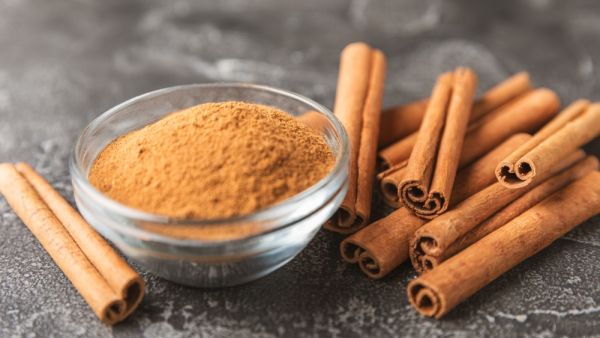ALBAWABA Cinnamon has been the subject of research for its potential to lower blood sugar levels, especially among people with diabetes or prediabetes.
While cinnamon is commonly known as a spice used in cooking and baking, it also has properties that may influence blood glucose levels.
How Cinnamon May Affect Blood Sugar:
- Insulin Sensitivity: Cinnamon is believed to improve insulin sensitivity. Insulin is the hormone responsible for allowing sugar (glucose) to enter cells, where it’s used for energy. In people with insulin resistance (a hallmark of type 2 diabetes), the body doesn’t respond effectively to insulin, leading to higher blood sugar levels. Some studies suggest that cinnamon may enhance the body’s response to insulin, making it easier for glucose to enter cells and thereby lowering blood sugar levels.
- Decreased Glucose Absorption: Cinnamon may slow the breakdown of carbohydrates in the digestive tract, which could lead to a slower release of glucose into the bloodstream. This slower release can help prevent spikes in blood sugar after meals.
- Potential Antioxidant Effects: Cinnamon is rich in antioxidants, which help reduce oxidative stress—a factor that contributes to insulin resistance and type 2 diabetes. By reducing oxidative stress, cinnamon may indirectly help in managing blood sugar levels.
What the Research Says:
While some studies have shown promising results, the overall evidence is mixed. A number of small studies have suggested that cinnamon can lower fasting blood sugar levels by anywhere from 10% to 29%. However, larger and more rigorous studies are needed to confirm these effects and determine the ideal type and amount of cinnamon to use.
Types of Cinnamon:
There are different types of cinnamon, the two most common being Ceylon cinnamon (often called “true” cinnamon) and Cassia cinnamon. Most studies on blood sugar levels have focused on Cassia cinnamon, which is more commonly used in the United States and has a stronger flavor.
Cautions and Considerations:
- Coumarin Content: Cassia cinnamon contains higher levels of coumarin, a compound that can be harmful to the liver in large quantities. Ceylon cinnamon contains much lower levels of coumarin, making it a safer option for regular use.
- Not a Substitute for Medication: While cinnamon may help lower blood sugar, it should not be used as a replacement for diabetes medication or a healthy lifestyle. Always consult with a healthcare provider before making any changes to your treatment plan.
- Dosage: There is no standardized dosage of cinnamon for blood sugar control. Some studies have used doses ranging from 1 to 6 grams per day (about 1/2 to 2 teaspoons), but the ideal amount can vary based on individual health needs.
Cinnamon may have a modest effect on lowering blood sugar levels, particularly in people with type 2 diabetes. Its potential benefits include improved insulin sensitivity and slower absorption of glucose, but it’s important to use it cautiously, especially due to the presence of coumarin in certain types of cinnamon.
While incorporating cinnamon into a balanced diet could be beneficial, it should be done under the guidance of a healthcare professional, particularly for those managing diabetes or other metabolic conditions.








